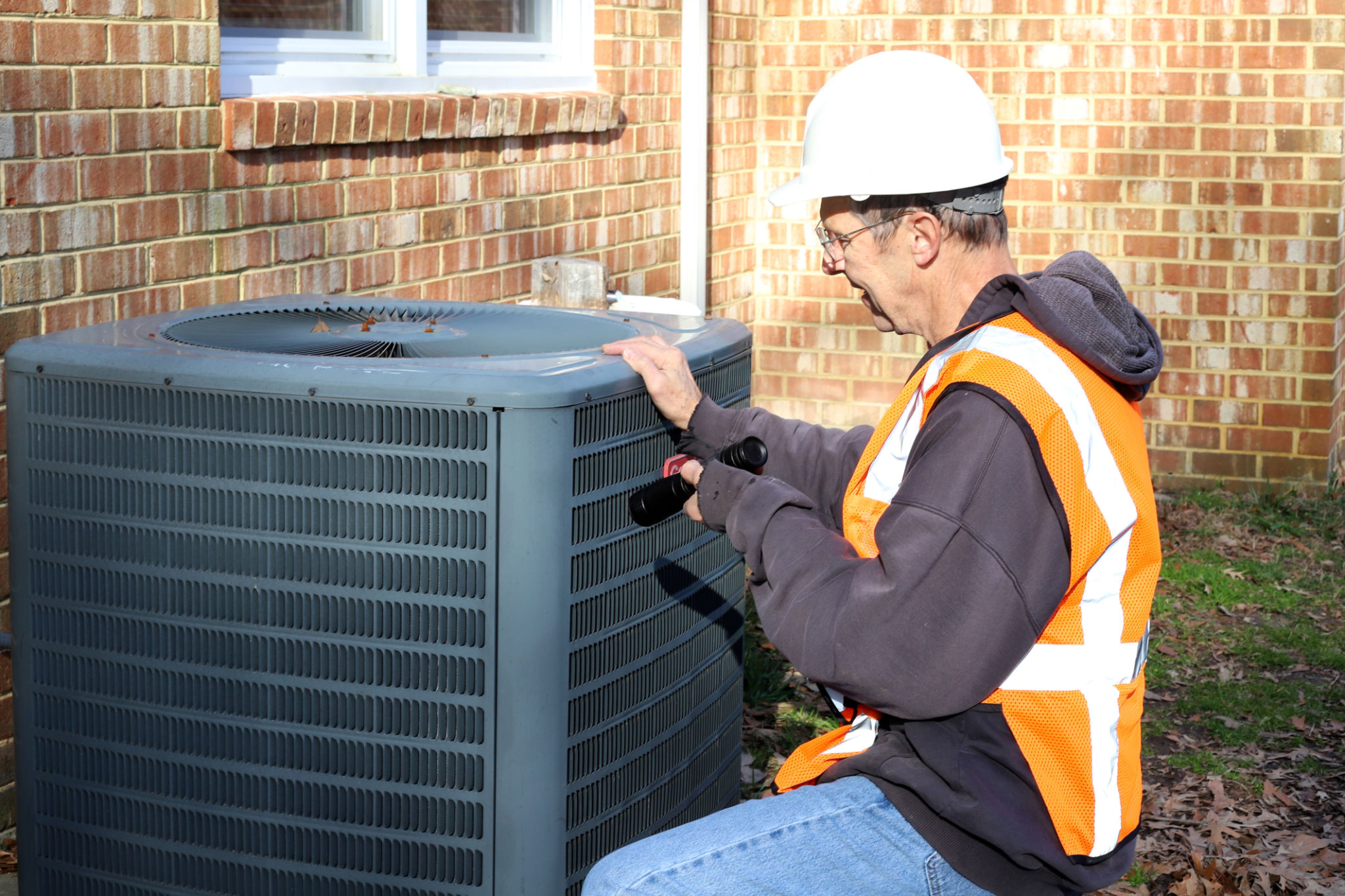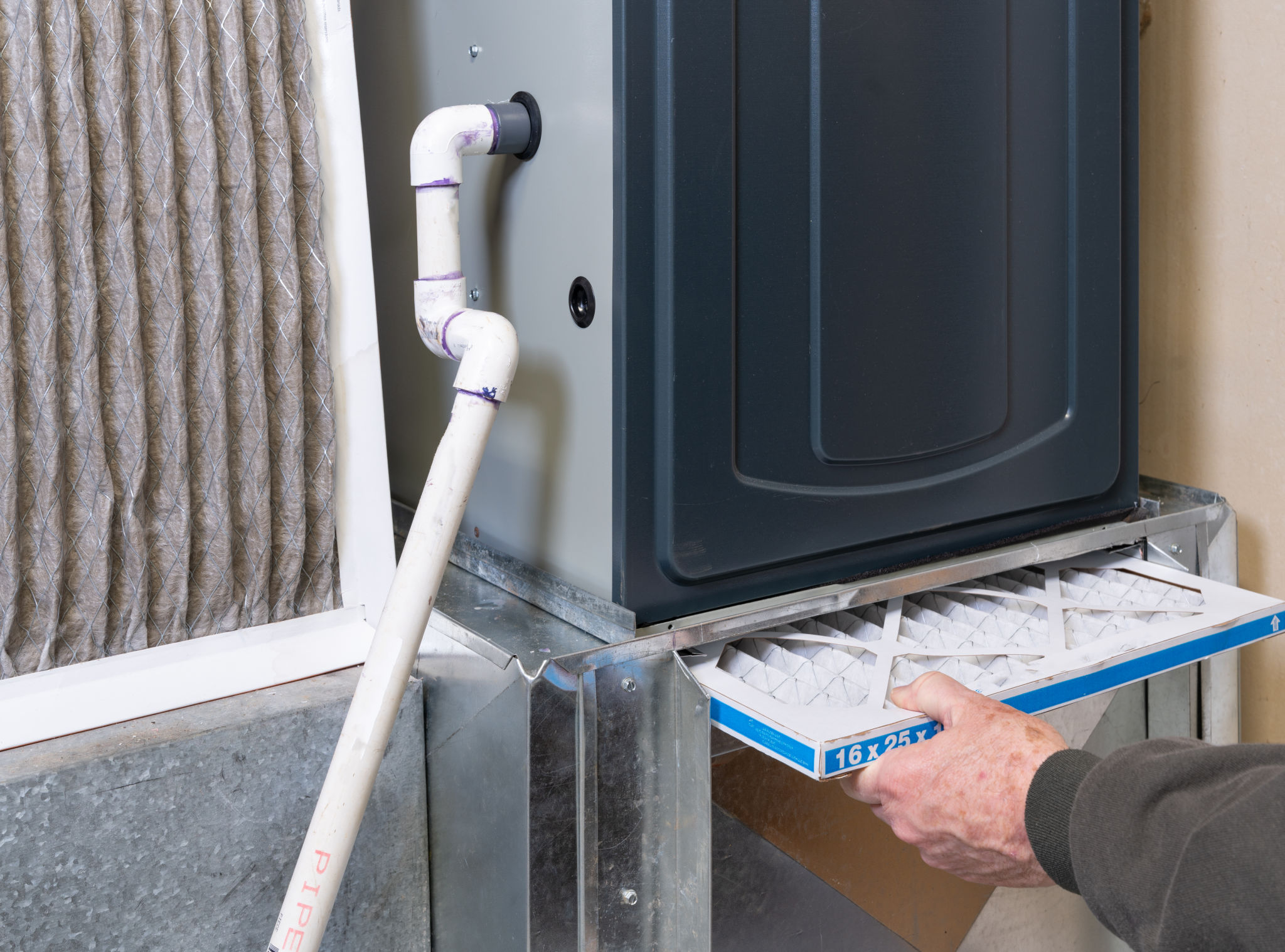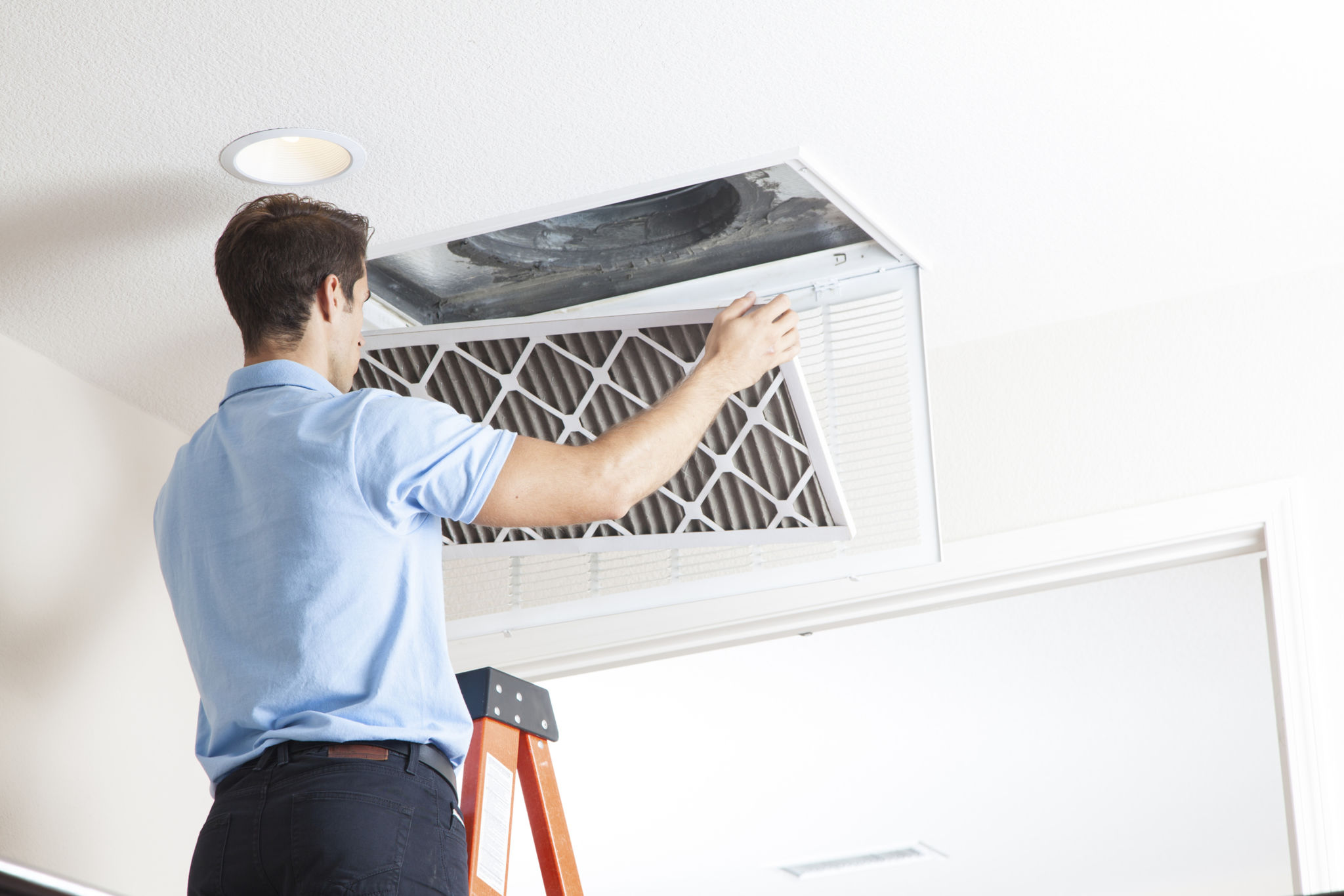Preparing Your HVAC System for Seasonal Changes
Understanding the Importance of Seasonal HVAC Maintenance
As the seasons change, so do the demands on your HVAC system. Whether it's the sweltering heat of summer or the biting cold of winter, your HVAC system needs to be in top condition to maintain comfort in your home. Regular maintenance not only ensures efficiency but also extends the lifespan of your system. Ignoring seasonal maintenance can lead to unexpected breakdowns and increased energy costs.

Conducting a Thorough Inspection
Before the start of any season, a comprehensive inspection of your HVAC system is crucial. Check for any visible signs of wear and tear, such as frayed wires or rust. Pay attention to unusual noises or odors emanating from your system, as these could signal underlying issues. It's advisable to hire a professional technician for a detailed inspection to catch problems that may not be apparent to the untrained eye.
Cleaning and Replacing Filters
One of the simplest yet most effective maintenance tasks is cleaning or replacing your HVAC filters. Dirty filters can restrict airflow, reduce efficiency, and compromise indoor air quality. Depending on your system and usage, filters should be replaced every 1-3 months. Make it a routine to check them monthly, especially during peak usage seasons.

Calibrating Thermostats for Optimal Performance
A well-calibrated thermostat ensures that your HVAC system operates efficiently. With the change in seasons, recalibrate your thermostat settings to match new weather conditions. Consider upgrading to a programmable or smart thermostat, which offers better control over your home's temperature and can lead to significant energy savings.
Checking and Cleaning Air Ducts
Air ducts play a vital role in circulating air throughout your home. Over time, dust, debris, and even mold can accumulate in the ducts, affecting air quality and system efficiency. Schedule a professional duct cleaning every few years or sooner if you've noticed a significant drop in air quality or airflow.

Examining the Outdoor Unit
Don't forget about the outdoor unit of your HVAC system. Clear any debris, leaves, or plants that may obstruct airflow around the unit. Check for any visible signs of damage or wear and ensure that it is level on its base. Regularly cleaning the coils and fins can also improve the unit's efficiency.
Preparing for Emergencies
Even with thorough preparation, unexpected issues can arise. It's wise to have a contingency plan in place. Keep a list of emergency contacts handy, such as your preferred HVAC technician, and familiarize yourself with basic troubleshooting steps. This preparedness can save time and minimize discomfort during an HVAC emergency.
By taking proactive steps to prepare your HVAC system for seasonal changes, you ensure a comfortable living environment year-round while optimizing system performance and longevity. Regular maintenance is an investment in both comfort and peace of mind.
